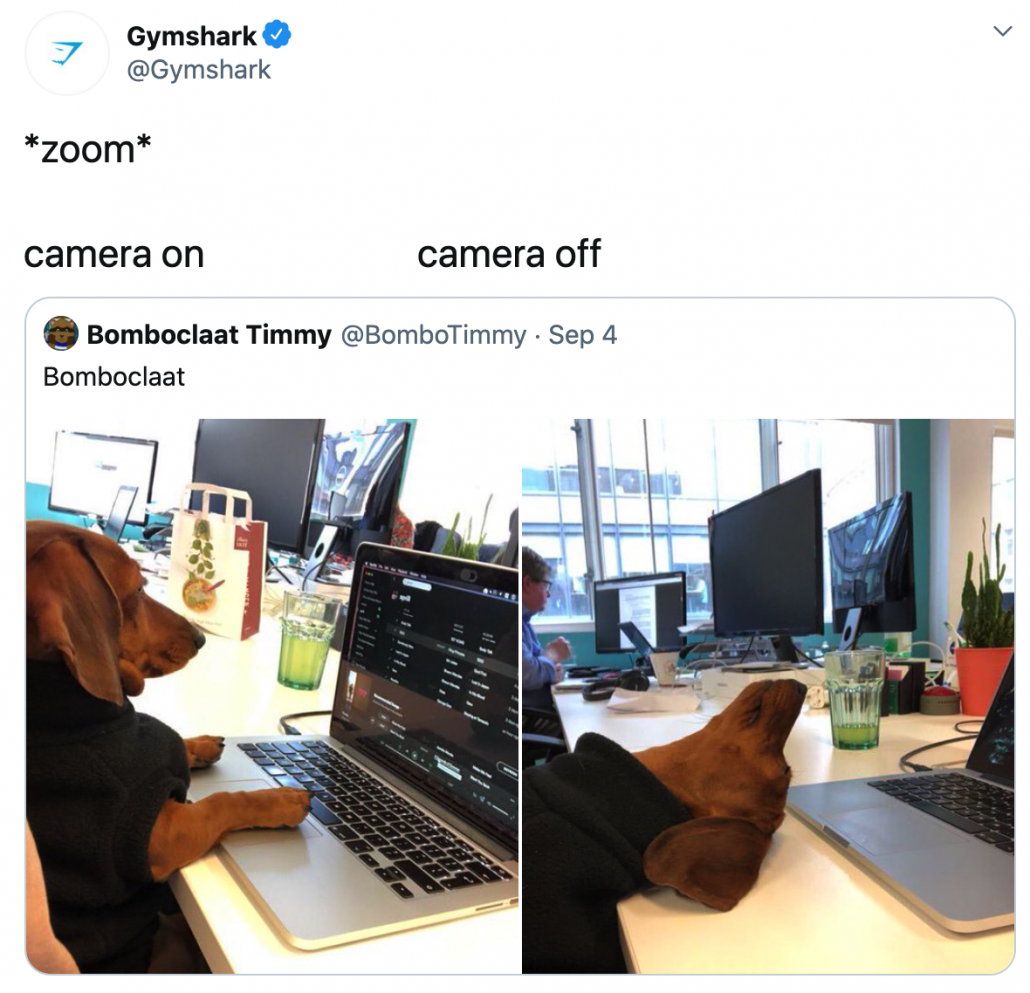ALL YOU NEED TO KNOW ABOUT DOING A SOCIAL MEDIA AUDIT
There’s been an exponential rise in businesses using social media platforms to excite, entice and engage with audiences as more and more consumers turn to social media during the recent lockdowns. To maximise performance and ensure you are on brand and have a strong message, now is the right time for companies to undertake a social media audit.
Research suggests that just under half of consumers (43%) said they were spending longer on social media because of the outbreak, and 19% say they’ll carry on spending longer on social media once restrictions lift. There has never been a better time to audit your social media than now.
The Basics Of A Social Media Audit
The good news is that a social media audit for businesses is not as painful as it sounds when left in the hands of professionals. It’s a very worthwhile exercise to ensure brands are making the most of their opportunities, reflecting best practice and also keeping pace with the evolving social media trends and algorithms.
The basic role of an audit of all social media accounts is to help you better understand what’s happening on each network and to see at a glance the following key metrics:
- What’s working and what’s not
- Whether impostor accounts are stealing your followers
- Which profiles you need to revive, repurpose, or shut down
- New opportunities to grow and engage your audience
- Are you being consistent and considered with your messaging
At Source PR, we’re often asked to complete company social media audits as it’s critical to understand the key elements mentioned above before embarking on developing an effective social media strategy. To constructively move forward with an effective social media strategy it’s important to first know where you are before you determine where you want to go.
What Does A Social Media Audit Look Like?
Visibility
When undertaking a social media audit, first look at what @handles are you using, over what platforms and who has ownership or control. Is there brand consistency across the platforms, what do the biogs say and where are you directing any subsequent web visitors? Also, look at the imagery you’re using and check that the pages are verified to prevent imposters.
Needs & Wants
From this point you can determine what platforms and handles a business needs / wants as well as determine what’s working and what’s not. Take the time to look at what are the most engaging posts, who is engaging with you and on what platforms as well as which networks your target audience is most active on.
Competitor Analysis
We would also recommend that you compare your approach and outlook to the competition, evaluating how you compare to them and whether you are missing any opportunities to engage with audiences or simply getting the best out of the platforms. At Source PR, we have social media tools that can track and monitor in-depth competitor activity as well as physically doing the legwork ourselves.
Identify KPIs
When auditing you social media platforms remember to stay focused on the key performance indicators (KPIs) that you want to measure. Some of the more popular measurements can be increases in followers, link clicks, profile visits, likes / comments and other engagements.
Social Media Audit Services
Undertaking an effective social media audit for business helps determine where you are before you develop the strategy and pathway on where you want to go. Get in touch with our team if you’re looking for support with your social media audit. Once this is done, the real fun can begin with the development of an effective and fun social media strategy to better excite, engage and enthuse your audiences. Watch this space and follow our social media accounts for future updates where we will share some of our social media success strategies.



